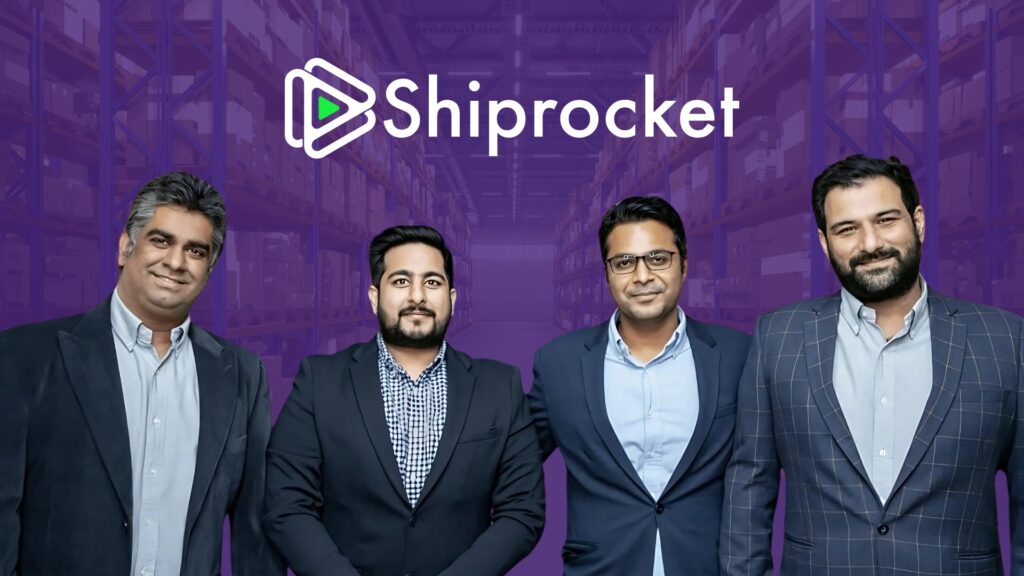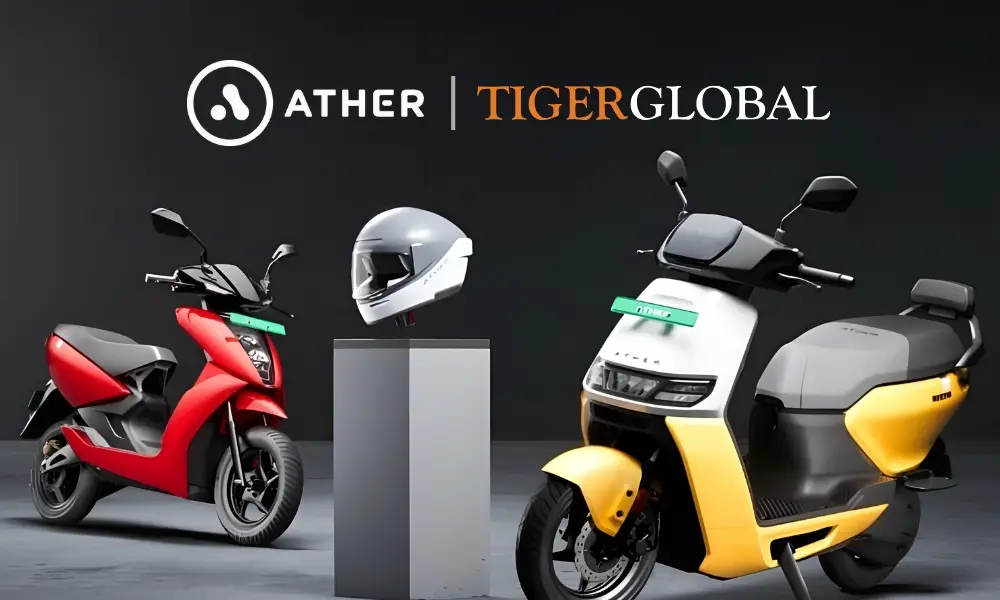In 2012, India’s e-commerce boom was starting to take shape. Flipkart and Amazon are trying to expand their businesses, and they were not that familiar back in the day. There are some other players building e-commerce platforms to serve various segments of people. Now just think, the major problem back then and even today with the e-commerce platforms is never the website or the sellers or even buyers. It’s always the logistics that create a problem.
For thousands of merchants in Delhi, Jaipur, Coimbatore, and beyond, the store was never the problem. You could set up a beautiful online shop in hours. But getting the product from your shelf to the customer’s doorstep? That’s the key problem. Also, if we think from the perspective of small businesses, they face a lot of different problems.
Let’s start with the couriers. Couriers were all over the place, but each had different prices and speeds. Then the second most common problem we can see is the cash-on-delivery option. Because when a customer pays through COD, the seller has to wait to get paid. And what if the customer refused to take the order? Again, it has to be sent back, and that’s what we call RTO, which stands for Return to Origin. This would cost sellers extra money, and it kills their profit margins.
So, these were the problems that small businesses face, which we often don’t think about. But that’s where a billion-dollar company was built. The company we are discussing is Shiprocket. Well, the journey of Shiprocket teaches us many things, because whatever the problems that we discussed, they were not the actual reasons why this was born. It was started for a different business, and after pivots, it finally solved the real-world problems. Let’s dive into their journey first, and then let’s understand how they are solving it.
In 2012, Saahil Goel, Gautam Kapoor, and other people came together to start Bigfoot Retail Solutions. Their first product, KartRocket, was like Shopify; it helped small businesses create beautiful online stores without needing any coding skills. The idea worked. Sellers quickly built their websites and started taking orders. But soon, the founders noticed a bigger problem. Even with a great online store, many merchants struggled to deliver their products to customers on time and at a reasonable cost. The real pain point wasn’t selling; it was shipping.
By 2017, the team realized they were solving only half the problem. So they made a bold pivot from building online stores to building a smart shipping platform that could connect merchants to the best courier for each delivery, handle COD payouts faster, and reduce returns. That’s how Shiprocket was born.
But how is Shiprocket solving this problem? They do this in different steps, the first one by providing a platform to choose the right courier every time. Instead of merchants signing up with 4–5 courier companies and managing them individually, Shiprocket integrates with 17+ courier partners like Delhivery, Blue Dart, XpressBees, Shadowfax, and even India Post. Their AI-based recommendation engine looks at the delivery location (pincode), past courier performance for that area, price, and delivery speed. Then it automatically assigns the best courier for that specific shipment. This reduces delays and failed deliveries.
The second problem is RTO. Which we discussed in the beginning. High RTO rates can destroy a seller’s profits. Shiprocket reduces them by address verification, fraud detection, and courier matching. Sending the order through the partner with the highest delivery success rate for that area. Some merchants have seen RTO drop from 25% to under 10% after using Shiprocket.
The third important point is the COD problem. In traditional shipping, COD payments from different couriers come in at different times, sometimes after weeks. Shiprocket collects COD payments from all courier partners and sends one consolidated payout to the seller, which is faster and with real-time tracking.
And the recent big move by Shiprocket is offering hyperlocal delivery through Shiprocket Quick. Big e-commerce companies offer same-day or next-day delivery. Shiprocket helps small businesses match that speed with its quick delivery and warehousing and fulfilment services, so products are stored closer to customers for faster dispatch.
Shiprocket is managing to do all of that because of the investors backing and also the acquisitions it made. By 2022, Shiprocket’s scale and growth made it one of the most valuable logistics startups in India. A funding round led by Zomato, Temasek, and Lightrock pushed its valuation over $1 billion, giving it unicorn status.
To scale quickly and cover more parts of the e-commerce supply chain, Shiprocket made a series of strategic acquisitions. In 2022, it acquired Pickrr, which boosted its courier aggregation and shipment automation capabilities. It acquired Glaucus Supply Chain Solutions which brought in advanced warehousing and fulfillment expertise and allowed sellers to store products closer to customers. Rocketbox expanded Shiprocket’s reach into B2B logistics, while Omuni from Arvind Internet enabled true omnichannel retail integration. Finally, the acquisition of Wigzo added marketing automation tools to help merchants drive repeat sales.
Together, these moves transformed Shiprocket from a shipping platform into a full-stack commerce enablement powerhouse.
But this journey of Shiprocket teaches startups a very good lesson. Pivoting is not a bad idea. If you stick to an idea that has no real potential, your business will eventually suffer. Finding the real problems and solving them in a better way is what can help you build a billion-dollar company.
Also Read: Why is Yulu Becoming the Go-To Solution for Short-Distance Travel in Cities










